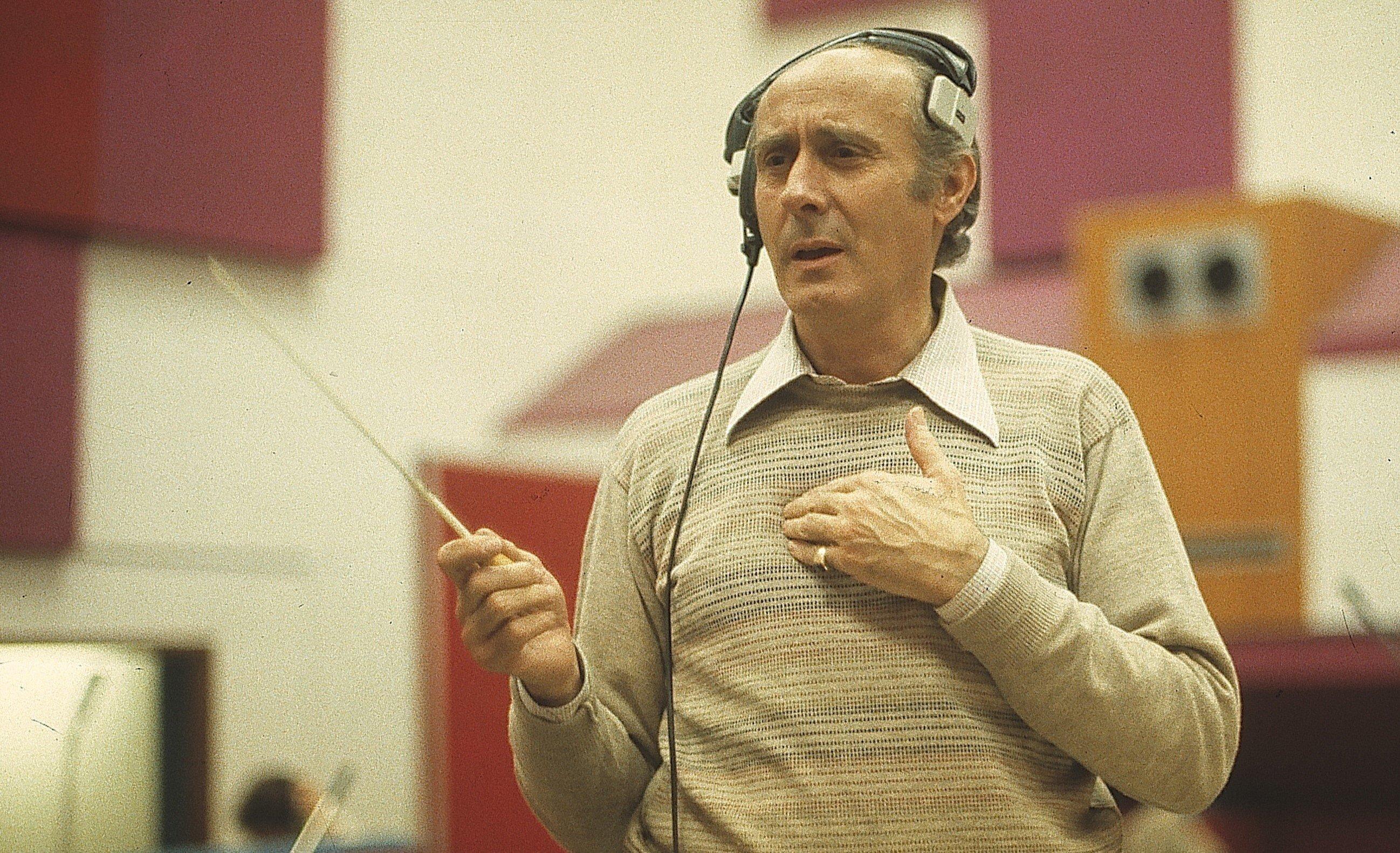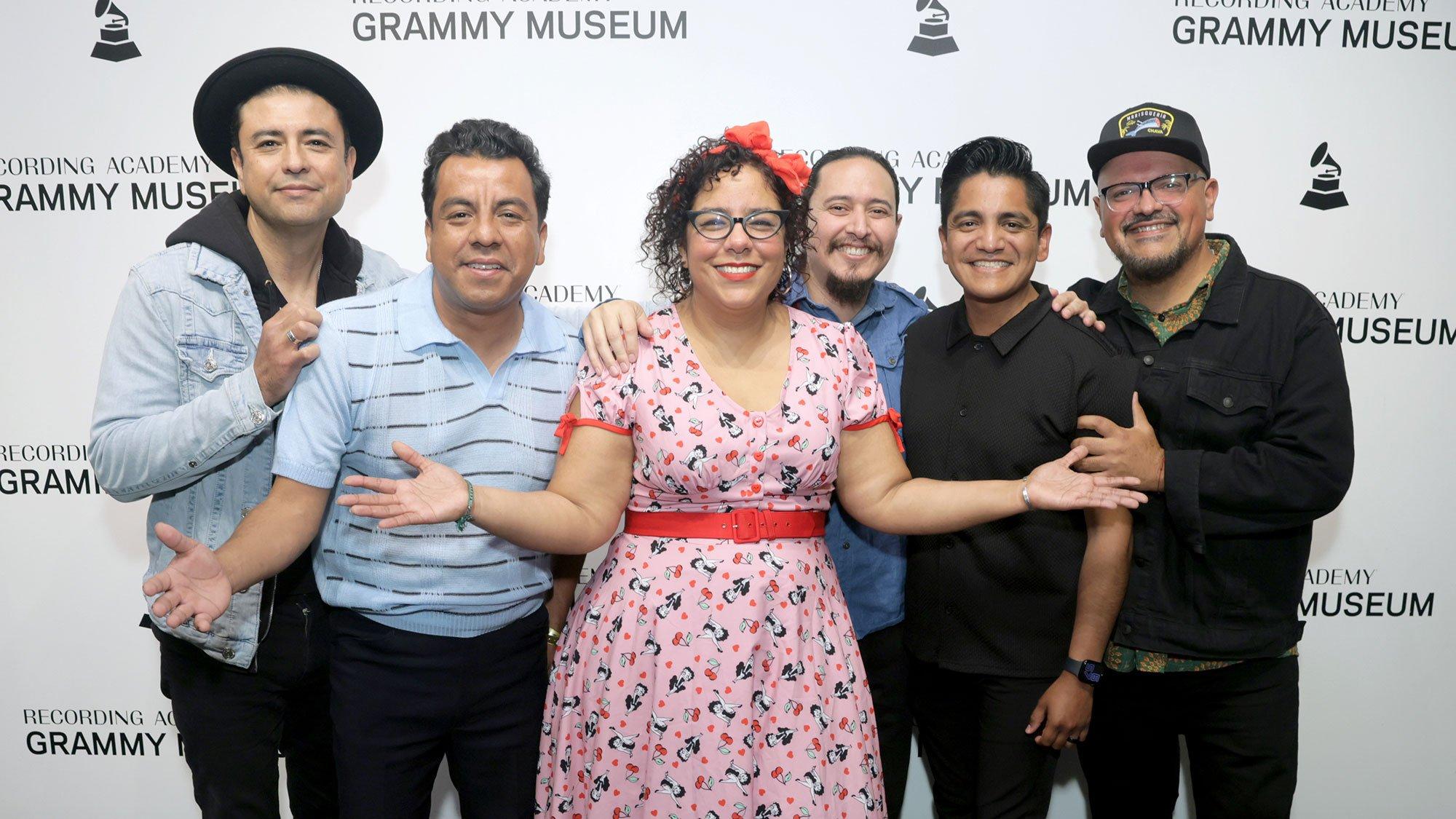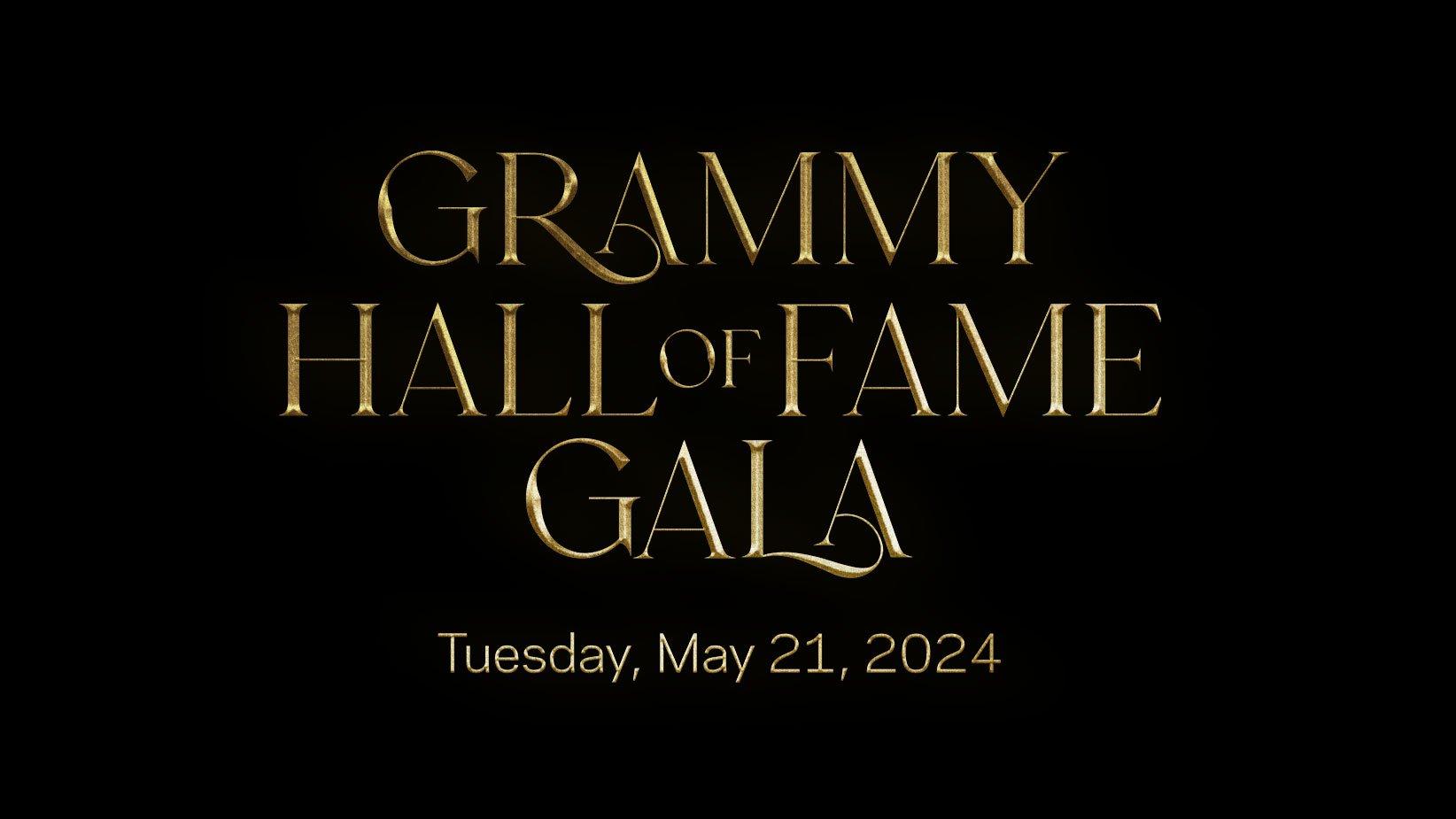Many studies on love have proven that it seems to be a trait present throughout species. Although it's undeniable that the capacity for love is universal, evidence suggests love manifests differently across individuals. That is why, for many people, love is undefinable, with the word meaning something for one and something else for another.
This point has never been proven more true than in love songs. Numerous musicians and bands have sung about love, but their definition or meaning of the word and yours might be wholly different. You would be surprised to learn how many love songs have absolutely nothing to do with emotional or physical love.
When you delve beneath the surface, "love" songs are sometimes twisted, uncomfortable, sadistic, and unsavory. So, let's look at 10 love songs with nothing to do with love and everything to do with what they shouldn’t.
"Every Breath You Take" - the Police
When the Police released "Every Breath You Take" in 1983, it immediately became a huge hit, reaching No.1 on U.S., UK, Canadian, Irish, and South African charts. On the surface, this song seems romantic, which is why it made its way into numerous movie scenes and weddings, but the lyrics are uncomfortable and prove the song is not actually about love.
Frontman Sting sings, "I'll be watching you," and, "Oh, can't you see, you belong to me?" about the song's object of affection. Rather than lyrics about a lover, it's believed that the song is about a stalker. At the time Sting was suffering a mental breakdown, making the verses infinitely more evil.
In fact, Sting himself said: "I think it's a nasty little song, really rather evil. It's about jealousy and surveillance and ownership."
"Rollercoaster of Love" - Ohio Players
On the surface, the lyrics "It's a rollercoaster ride/we're on top for the moment/ and then we'll take that dive" seem to describe a relationship's exhilarating ups and downs. However, there has been much debate over the years about the true meaning behind the Ohio Players' staple.
The most popular theory is that the song is about life's ups and downs, not love, but we'll never know. According to late frontman Leroy Bronner who wrote the tune, "To this day, I don't know what I wrote." He continued, "The words didn't make sense to me. But it was a hit."
The song also has a much darker recording humor, which further alienates it from the genre of love songs. According to the rumor to which the band responded "No comment," the scream on the track was the sound of a woman being murdered in the recording studio.
The woman's death is an urban legend, but the band decided to leave it in as a joke and as a way to create buzz for the song, with the actual scream belonging to keyboard player Billy Beck.
"Can't Feel My Face" - the Weeknd
The Weeknd is well known for penning lyrics that have multiple meanings, so it's not surprising that his hit track "Can't Feel My Face" isn't really about love.
With the lyrics: "I can't feel my face when I'm with you/But I love it" and "And I know she'll be the death of me, at least we'll both be numb/And she'll always get the best of me; the worst is yet to come." It sounds like a dark love song about a man who is so in love that he loses all control, which is plausible, but it's more likely the song is about cocaine.
According to Billboard, the song is about drug dependency, and the Weeknd is crooning about cocaine and likening it to a bad relationship. The Weeknd had hinted at the song being about drugs when he commented: "I just won a new award for a kids' show, Talking 'bout a face numbing off a bag of blow." Unfortunately, it's not very romantic.
"Umbrella" - Rihanna
Most believe that one of Rihanna's most famous songs is about a woman comforting her partner and explaining that she will be there for him through the good and bad times. "Baby 'cause in the dark you can't see shiny cars/And that's when you need me there. With you, I'll always share," she sings.
However, a few people believe "Umbrella" is about the corruption of a person's soul – Rhianna's in this case. Some believe that the 2007 hit is about Rhianna welcoming the devil into her heart, body, and soul. While this is more of a conspiracy theory than anything else, a pastor recently posted on TikTok that he came back from hell, and "Umbrella" was one of the songs being used to torture individuals.
"All I Wanna Do is Make Love To You" - Heart
If you listen carefully to the lyrics in "All I Wanna Do Is Make Love To You," it's clear that the 1990 song actually about deceit.
Nancy and Ann Wilson are singing about being in love with another man who cannot provide her with children because he is impotent — so she finds a willing one-night stand. She sings, "I didn't ask him his name, this lonely boy in the rain." When morning comes, the protagonist says "All I left him was a note/ I told him I am the flower; you are the seed. We walked in the garden; we planted a tree."
After some time has passed, she's unnerved to come across his path, presumably pregnant: "You can imagine his surprise when he saw his own eyes/I said please, please understand/I'm in love with another man/And what he couldn't give me was the one little thing that you can."
"Bad Romance" - Lady Gaga
"Bad Romance" was developed as an experimental pop record featuring elements of German techno and house. With more than 184 million YouTube streams, the 2008 track quickly became one of Lady Gaga's best songs.
On the surface, "Bad Romance" centers on the pull of a love that's bad for you: "I want your ugly, I want your disease/I want your everything as long as it's free/I want your love." However, it's not so straightforward.
Gaga said she drew inspiration from the paranoia she experienced while on tour. She also stated the song is about her attraction to unhealthy romantic romances that are not always about love.
"Young Girl" - Gary Puckett and the Union Gap
Not all love is appropriate, as the song "Young Girl" by Gary Puckett and the Union Gap proves. This 1968 single is wholly inappropriate and creepy (and illegal), but it still managed to become one of the band's best-known songs. In fact, despite the lyrics being more about unsavory infatuation than love, it still reached No. 2 on the Billboard Hot 100 (just behind "(Sittin' On) The Dock of the Bay").
Initially, this song doesn't appear inappropriate with lyrics "Young girl, get out of my mind" possibly referencing the romance of a slight age gap. But the group doubles down: "My love for you is way out of line/ Better run, girl/You're much too young, girl."
If these words aren't enough to prove the song is about being infatuated with an underage girl, you might be convinced by lead singer Gary Puckett singing, "Beneath your perfume and make-up you're just a baby in disguise" and "Get out of here before I have the time to change my mind."
"Under My Thumb" - by the Rolling Stones
The Rolling Stones have had their share of controversy over the years, and it's not hard to see why when you consider the meaning behind many of their big hits. "Under My Thumb" might have been marketed as a love song, but it's about a relationship rooted in hate and control.
With lyrics such as "Under my thumb/It's a squirmin' dog who's just had her day/Under my thumb/
A girl who has just changed her ways," it's apparent that Mick Jagger is singing less about heartbreak and more about power. The misogyny is so clear in this song that it made it into the book Under My Thumb: Songs That Hate Women and the Women That Love Them.
"Baby It's Cold Outside" - Dean Martin
One of the most popular holiday season love songs, "Baby, It's Cold Outside" was written by Frank Loessser and performed by Dean Martin and Ella Fitzgerald. It's difficult to say if these musicians knew the song's sinister and controversial underbelly.
"Baby It's Cold Outside" is about a man who pressures a woman to stay at his home by any means necessary. The woman in the song tries to give reasons why she cannot stay with lyrics like "My mother will start to worry" and "My father will be pacing the floor." Yet, her concerns are shot down at every turn, with the man using the bad weather outside to keep her captive. Fortunately, the song has been remade with consensual lyrics, thanks to Kelly Clarkson and John Legend.
"You're Gorgeous" - Babybird
This song may have a happy rhythm, but if you pay attention to the lyrics, there is much more to this song than meets the eye. Although the song appears to be about a man who would do anything for his lady love, it is about exploitation.
This song — the British group's biggest hit, from 1996 — is about a sleazy photographer who takes advantage of a young and naive model and photographs her for men's magazines. The lyrics "You got me to hitch my knees up/And pulled my legs apart" details the true nature of this song.
"People should never be told how to interpret a song," Babybird told the blog Essentially Pop. "So, if they thought it was romantic, then fine." He continued, "Sadly, very few people got the true meaning, which is about male predatory behavior, but in popular music, most critics are a little blind to correct interpretation."
Lovesick Or Sick Of Love: Listen To GRAMMY.com’s Valentine’s Day Playlist Featuring Taylor Swift, Doja Cat, Playboi Carti, Olivia Rodrigo, FKA Twigs & More




